You know that feeling when you’re standing in the kitchen, staring at the fridge… then you totally blank on what you came in for? Happens to all of us, right? (Honestly, if there’s someone out there who never loses their keys, I’d love to meet you—they sound magical.)
But what if it isn’t just you—what if it’s your dad, your aunt, your partner? And the lapses feel a little… heavier? Maybe they’re losing their train of thought mid-sentence. Maybe you’ve noticed, but you’re not sure what to do. Is it just a blip or a warning sign? It’s scary, confusing, and let’s be real—sometimes a bit isolating. I’ve been there. The good news? You’re not stuck just worrying and Googling alone at 2am anymore. There’s another step: you can try a simple sample dementia test—no medical degree or white coat required.

When Do You Start to Wonder?
So. Let’s get honest for a second. When do you actually start to suspect it’s more than regular aging? When Dad leaves the oven on three times in one month? When Nana calls you by your cousin’s name—again? It can feel like a slow drip. First you brush it off. Then… well, it keeps happening. You find yourself asking, “Is this ‘senior moment’ territory or… something else?”
What Makes a Memory Lapse Feel Different?
Sure, everyone blanks on names or loses their wallet (I do, at least). But little nagging worries pop up when:
- They forget what day it is—often.
- They get lost, even in places they know.
- Conversations loop, with the same stories told over and over.
- Everyday chores suddenly feel overwhelming (like, wait, how do I work the toaster again?).
Let’s say you notice these with someone you care about. Ugh—the pit in your stomach, right? Been there. You want something concrete, not just a hunch. Turns out, you can get a sense of what’s happening with a sample dementia test.
Normal Aging or More? Table Time:
| Normal Aging | Possible Dementia Sign |
|---|---|
| Forgets names, remembers them later | Doesn’t recognize familiar names at all |
| Misplaces glasses | Puts glasses in the freezer, finds them days later |
| Needs help with new phone | Can’t use a phone they’ve had for years |
| Misses a payment, catches it up | Bills stack up, “I paid that already!” (but… didn’t) |
Try a Sample Dementia Test—No White Coat Needed
Here’s the scoop: you don’t need fancy equipment, just a pinch of patience and curiosity. Sample dementia tests are designed to spot those subtle “hmm, something’s different…” moments. They’re totally doable at home, or if you want, can be done by a doctor or nurse too (for the super official route).
One warning, though: They’re not official diagnoses. They’re more of a gentle nudge—a way to tell if it’s time to nudge your doc for a check-up. You can try them with your loved one, or even yourself (I won’t judge, promise).
Feel Weird About Bringing It Up?
I get it. Nobody wants to feel like the “memory police.” So, here’s what worked for me when I wanted to check in gently with my aunt: I set it up as a “brain health check” (like checking blood pressure, just for your noggin). We did it over tea. It ended up being more fun than I expected. And yes, there were cookies.
Meet the Classic Tests: MMSE, Mini-Cog, and More
Alright, let’s break down the friendly front-runners. These are the tests real doctors use all the time. (Kind of like a pop quiz, but with less anxiety. And, again, possibly cookies.)
Quick Brain Warm-Up: Mini-Cog
This one’s short, sweet, and surprisingly telling. It combines two parts:
- Three-Word Recall: You say three random words—let’s go with “apple,” “table,” “car.” Ask your person to repeat them. Chat about the weather, the news, or those cookies… after a minute, ask: “Can you tell me the three words I said earlier?” Count how many they remember. One or two (or zero)? Worth keeping an eye on.
- Clock-Drawing: Hand them a pen and paper. “Please draw a clock that shows the time as 10 minutes past 11.” If the clock’s numbers are jumbled, or the hands make no sense, that can be a red flag for certain types of brain changes.
Sounds simple, right? But it checks a bunch of things: memory, attention, planning, and even visual-spatial skills. If you want a simple online option, you can try the Dementia test online free—it walks you through the same kind of questions in a gentle way.
The Famous One: Mini-Mental State Examination (MMSE)
The MMSE is old-school but gold. A health care provider can do it, but honestly, some families try it themselves just to get a ballpark sense. (I tried this with my mom once—she found it “weirdly fun,” her words, not mine.)
How it works? It covers a bunch of brainy questions, and scores up to 30. Here’s the lightning version:
- What year is it? What season? Where are we?
- Spell “WORLD” backward. Or count back by sevens from 100. (I always stumble at this one—but not everyone does!)
- Remember three random words… again.
- Name two simple objects (A pen and a watch.)
- Repeat a phrase (“No ifs, ands or buts.”)
- Follow a 3-step command (Take this paper, fold it, place on the floor.)
- Draw something simple (like two overlapping pentagons—no kidding.)
A score below 24? Might be time for an expert’s eye. But—no panicking! A bad day, nerves, or even poor sleep can skew things. So, take your results with a spoonful of grace.
Test Cautions (And Some Laughter)
This isn’t perfect. If your loved one doesn’t speak English as their first language, has hearing issues, or gets test anxiety easily, results can be off. True story: My friend’s granddad refuses to answer MMSE questions unless offered a cup of tea… go with the flow, I say.
Fancy a Bit More Detail? Try MoCA or SAGE
Feeling ambitious… or just curious? There’s the Montreal Cognitive Assessment (MoCA). It goes a bit deeper—extra memory, language, and “what do these things have in common” type tasks. (It even has you draw a cube. 3D! Wild.) If you or your loved one is highly educated or tends to ace the “easy” stuff, the MoCA might pick up slight changes earlier. Just don’t be freaked out by the cube.
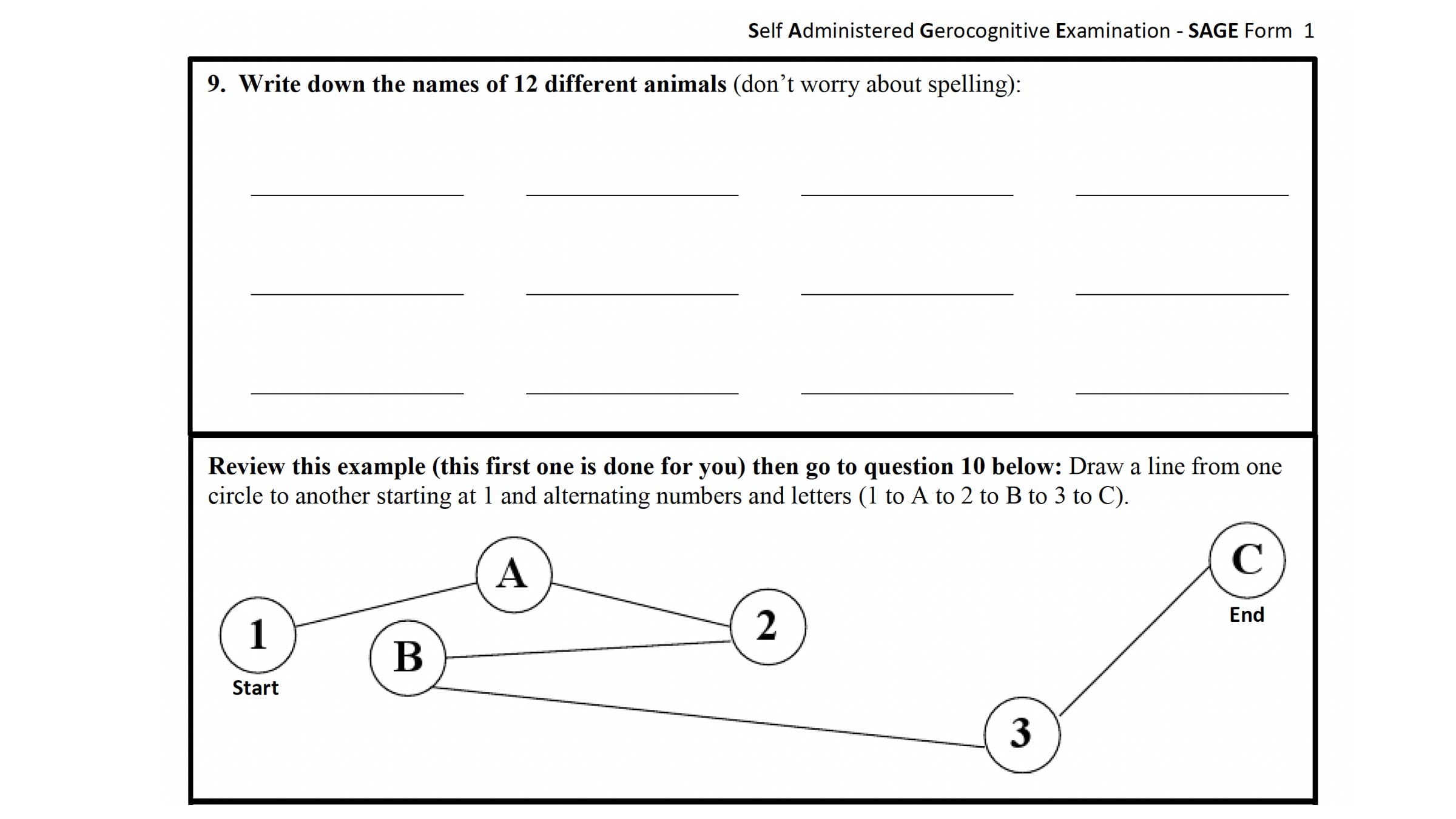
And then there’s the Self-Administered Gerocognitive Exam (SAGE). It’s a printable, do-at-home check, with logic and reasoning puzzles—great for the puzzle lovers out there. Oh, and it’s free. You can try a Dementia test online free for a quick digital start before you download anything fancy.
Stories From Real Life
This is where it gets personal. A few years ago, my neighbor Tom (that’s not his real name) started getting lost on his way to the grocery store—a store he’d gone to every Saturday for 20 years. He’d laugh it off, but his wife noticed it wasn’t just the store—he was mixing up grandkids’ birthdays too.
They tried a sample dementia test at home (the Mini-Cog, to be specific). His recall was off. The clock looked… well, Salvador Dali would’ve been proud. They showed the test to their GP. Turns out, it was early dementia—but catching it meant Tom got support right away, instead of letting things sneak up. (Bonus: Tom now makes amazing grocery lists, and keeps them on his phone.)
Testing opens doors. It’s not about labeling someone—it’s about opening a window to help, before frustration mounts or accidents happen.
Online and Quick-Click Options: Are They Worth It?
Maybe you want something even lower-pressure. Enter the world of online quizzes. (No, not “What sandwich are you?” but genuine health tools.)
Websites like Psychology Today and HealthCentral let you walk through a checklist—”Does your loved one forget appointments? Seem confused in familiar places? Lose the thread of sentences?” You answer with “never,” “sometimes,” “all the time.” In a few minutes, you get a gentle nudge on whether to see a doctor. These online options aren’t magic, but a Dementia test online free is a great low-stress step for anyone too shy for the talk-around-the-tea-table method.
Using Informant Tools: A Sneaky Smart Move
Some tests—like the AD8 or IQCODE—let a family member rate changes they’ve seen, rather than the person noticing it themselves. Sometimes, we can’t see our own shifts (blame human nature). Having someone else weigh in can highlight subtle slips. Not sure how to start? Just say, “Hey, can you help me with a checklist about how Dad’s been doing lately? Just want to make sure we aren’t missing anything.”
So… You Did a Sample Dementia Test. Now What?
Breathe. No score (high or low) is the final word on your life or your loved one’s journey. These tools are just the first step—a gentle prod, not a verdict. If you scored low (or got a score that made you squirm), it might be time for a chat with the doctor.
Red Flags to Move On Quickly
If your test or quiz shows ongoing issues—serious disorientation, personality changes, rapid forgetfulness—don’t wait. There’s no prize for holding out, but there’s real relief in understanding what’s going on. Early diagnosis? It can mean medicine to slow the process, or new ways to support brain health. (Like learning the ukulele. Or joining a walking group. Or… honestly, whatever brings a spark.)

What Will the Doctor Do?
A doctor might repeat some of the tests, do labs, or set up a scan—not scary, just the usual process to make sure there’s not something else going on, like a vitamin deficiency or a thyroid issue. They’ll want to know your story, not just numbers on a page. (Trust me. Your stories are gold to them.)
Brain Health Is a Team Sport (Cookies Optional)
Honestly? It’s not just about the tests—it’s about the ripple effect they start. Early detection means more time to plan, to adapt, to build an action plan. Might mean new routines, support groups, or changing up day-to-day habits (hello, brain-boosting salads—and okay, some cookies too). It’s about removing that gnawing fear of the unknown.
If the thought of testing feels overwhelming, start simple. Try a Dementia test online free and take it from there. There’s absolutely zero shame in needing to check in on your own brain, or someone else’s. (If you’re still reading, you definitely care—your loved ones are lucky to have you.)
Ready to Start? Let’s Take That Step Together
You made it this far (!), which means you care more than most. That’s half the battle. Here’s my advice, friend to friend: If you’re worried, do something—today. Even just a tiny test or checklist. Maybe print a sample dementia test for your next family visit, or send the Dementia test online free link to someone who’s quietly worried. Start the conversation, awkward pauses and all.
Your gut is powerful, especially when someone you love hits a rough patch. Tests won’t fix everything, but they can point you in the right direction. More importantly: you’re not alone in this maze. Every worry, every sigh, and yes—even every cookie shared over a clock-drawing attempt—matters.
So… what’s your next step? Is there someone you want to check in on? Or are you noticing a change in yourself? There’s no wrong answer, just new chances to open doors. You don’t have to have all the answers—you just have to start. And that, truly, makes all the difference.

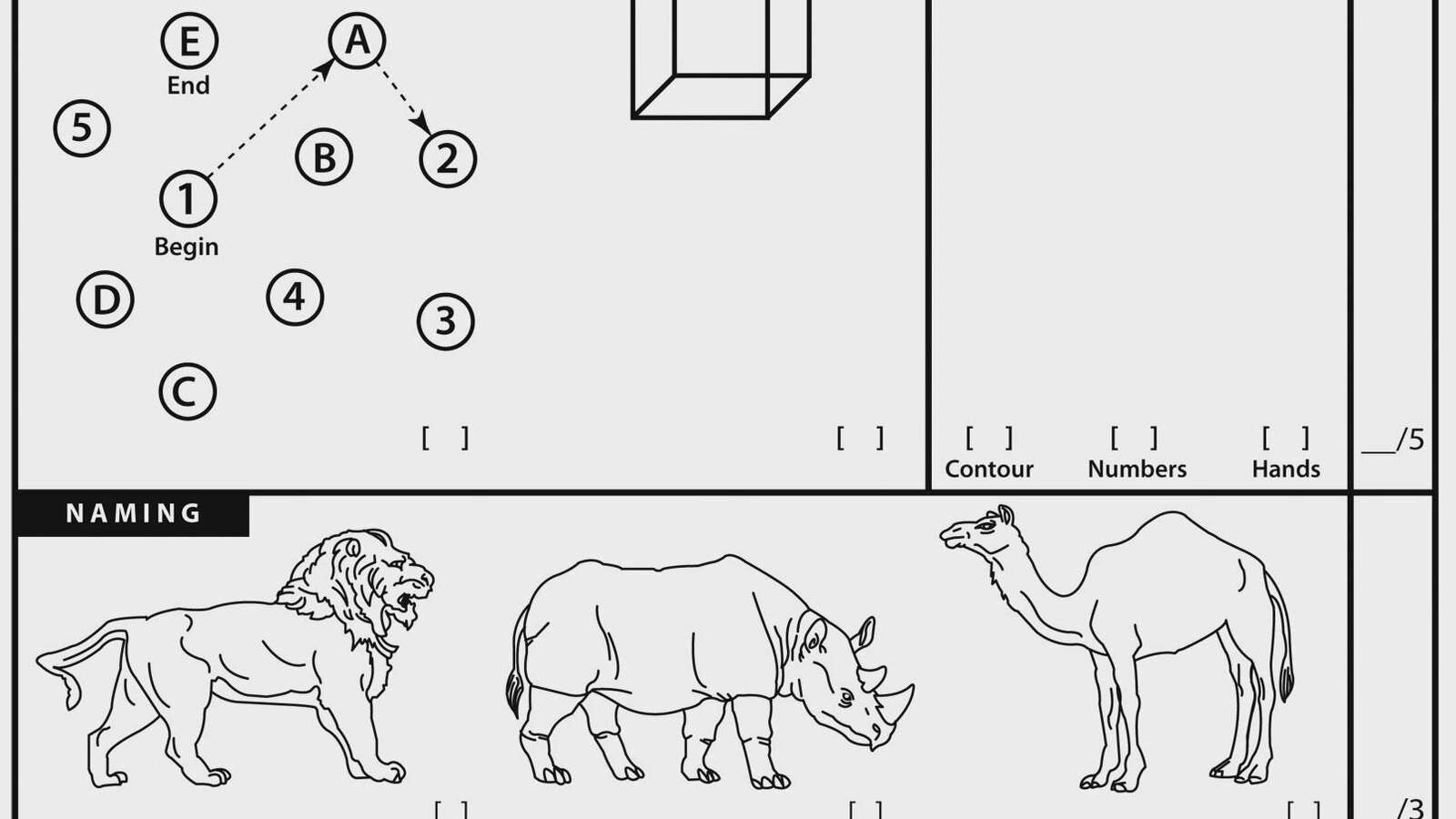


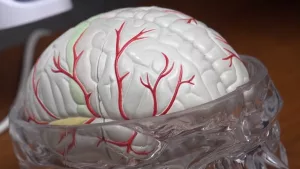

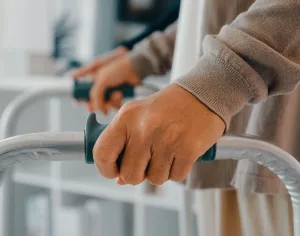




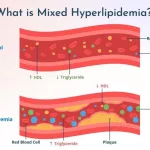




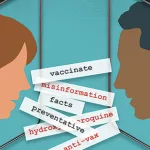

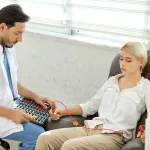



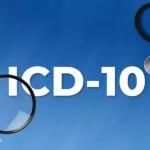

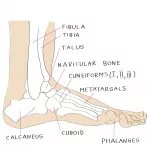
Leave a Reply
You must be logged in to post a comment.